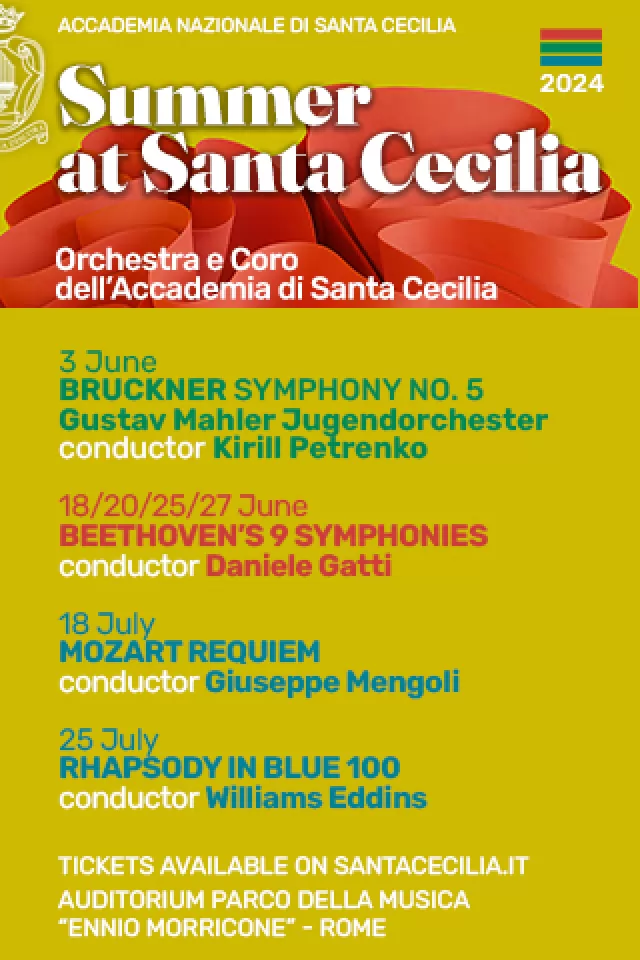Anglo Saxon pays its Italian debt
“Berlusconi game over!” warns Matteo Renzi – a soundbite master to rival Tony Blair – after Silvio Berlusconi’s “telefonata combat”, to cite another headline.
“Time out!” My adult English student’s young son pops his head round the door to alert, in his minimal English, mum and teacher alike that the lesson has ended.
Both instances spring to mind (two quick-fire Anglo Saxon monosyllables) after reading the long and short of Stefano Bartezzaghi’s fascinating article in Italian newspaper La Repubblica “Inglese, parole lunghe addio ma l’italiano non si accorcia” – 22 syllables; or in just 14: “English, long words ciao! But Italian gets no shorter.”
Bartezzaghi notes the “trend” – another borrowing – whereby Italian, for lack of monosyllables of its own, is resorting more and more to English Johnny-come-latelies. In the age of SMS, the shorter the word the less the phone bill. Or better an acronym. Thus “we” for “weekend”, “asap” for “as soon as possible – or “ipp” for il primo possible, Italian here reaching the finishing tape a letter ahead.
Other lexical imports noted are “ok” for d’accordo, “restyling” for the lumbering ristrutturazione, “film” for pellicola, and “l’ultima chance”, saving (or losing) two syllables on l’opportunità, and also feminine on the principle that the English neuter is transformed into the gender of its Italian equivalent. Similarly la star, even if male, from Italian’s stella.
Anglicisms staccato the political pages each day (e.g. “spending review” for revisione di spese). Similarly presidente del consiglio becomes “premier”, cutting down on the amount of times that di is used. Over any given page they can amount to dozens, as any weary translator or proof-reader will tell you.
To illustrate how the road to brevity for Italians is still a long one, Bartezzaghi cites the Cinque Stelle deputato or MP who began a speech with “Sarò breve e circonciso…” which translates as, yes, “I’ll be brief and circumcised”, when what he meant was circostanziato. While for us, a nation of shopkeepers, time is money, for Italians, inventors of the Baroque, “the shortest distance from A to Z is an arabesque,” to quote Ennio Flaiano, dramatist, playwright and journalist.
Anglicismi can also express practices deemed utterly un-Italian in their unpleasantness. Reflecting its Germanic origins, lo spread – a loan word in the heaviest sense, albeit with Italian article – replaces la differenziale. Then there is “baby gang” and the even nastier “knock-out game”. Making liberal use of English, another recent article in La Repubblica explains how uno di loro dà il ko. Loro here are local “hooligans” who after however many drink (again, in Itaglish plurals lose the “s”) engage passers-by in “a free fight”, or for the victim anything but. Similarly daubers of graffiti are flattered with the title writer.
Italian linguists fret about this so called ondata – or tidal wave. Yet anglicisimi in 1749 numbered only 12, rising to 40 in 1845, reaching a mere 114 in 1989*.
To an Anglophone, such worries cannot help but seem displaced. Shakespeare could coin almost as many italianismi/Latinisms in a single scene; in his book Mother Tongue, Bill Bryson tallies the bard’s coinages at 2,000, while Robert McCrum in his Story of English estimates that during the Renaissance (a word borrowed from French rather than from the Italian Rinascimento) there were 12,000 loan words in the English language.
Borrowing or outright theft has been English’s modus operandi and secret weapon. For centuries, it has been a source of richness, we like to think, rather than of pollution. Take Macbeth’s “My hand will the multitudinous seas incarnadine, turning the green one red.” Anglo-Saxon’s monosyllabic vocabulary is infused with words which to audiences of the day must have seemed magically lengthy.
One explanation is that Shakespeare was really Italian, at least according to Sicilian professor Martino Luvaro who recently published a book on the subject.
A second theory involves John Florio, translator at Elizabeth’s court. Florio and Shakespeare worked together in the service of the Earl of Southampton and, according to Shakespearean scholar Jonathan Bate, Florio’s wife is the most likely candidate as the sonnets’ “dark lady”.
Yet modern Italian can also mix long and short, home-grown and exotic with neo-Shakespeare dexterity. Take, courtesy of Piero Melati, this description of Norman Mailer in a recent edition of Venerdì: “…scrittore pluripremiato, ma anche machista, boxer and hemingwaiano doc.” Pluripremiato and hemingwaiano work better than their English equivalents: “Hemingwayan” and “multiple prize-winning” sound awkward, while doc for Denominazione d’origine controllata shows also that Italian can coin monosyllables of its own. Again mixing long and short is an article in Il Messaggero about a sceicco di Dubai visiting Italy in search of le personal shopper selezionate come dei setter irlandesi.
For brevity consider Ungaretti’s two-word poem M’illumino d’immenso, sent back from the front lines of world war one on the back of a postcard. Then for proper names “Ma” for Maria, Marina or Margherita, “Ale” for Alessandro, and so on, are economical enough.
Autogrill means “motorway service station”, scotch is “Sellotape”, slip is “underpants”, stage is “internship”. Meanwhile other anglicismi turn out to be Italian expressions come home. The bar originally used to separate customer and fractious customer in the America’s Far West is short for barra. This did not stop purists in the 1940s considering substituting bar with mescita. So much the better that they didn’t.
In a La Repubblica article discussing the Zingarelli 2014 dictionary’s 1,500 “new entry” (note the Itaglish plural), Raffaelle de Santis proves that whatever English does Italian can do as well, if not always as concisely. US English’s “kidult” becomes the ingenious adultescente. “Bling” becomes bling bling, the double length suggesting one fancy jewelstone rattling against another. Italian concision is also evident in rosicone, the nearest English being “someone who eats his/her heart out of envy for a more successful rival.” Then there’s craccare – to “crack” or enter a software programme by fiddling the password. Facebook too is responsible for new Italian verbs such as postare and taggare.
In the same Repubblica article, Massimo Arcangeli, the head of Zingarelli’s publisher, Zanichelli, comments how “words resemble geological phenomena: they explode, become buried and on occasion resurface. It’s important to keep them under long-term observation. Language changes are swift, but it’s also natural that they arrive (as here) rather late….”
With a dynamic all their own, languages have a way of following their best interest, experts and committees take the hindmost. As diehard conservative Samuel Johnson was forced to concede in the preface to his dictionary: “Academies have been instituted to guard the avenues of their languages… and repulse intruders …but their vigilance and activity have been in vain; sounds are too volatile…for legal restraints…”
*Romanische Sprachgechicte/ Storia Interna dell’Italiano edited by Wolfgang Schweickard, Gerhard Erst, Christian Schmitt and others, 2009.
Martin Bennett





















